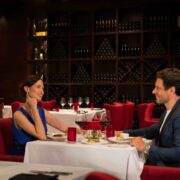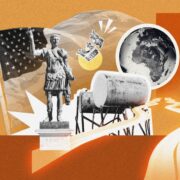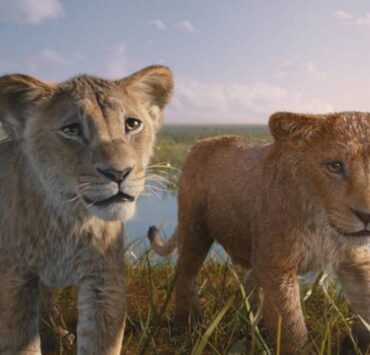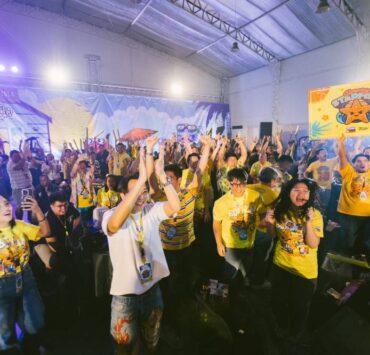Choose life, not profit
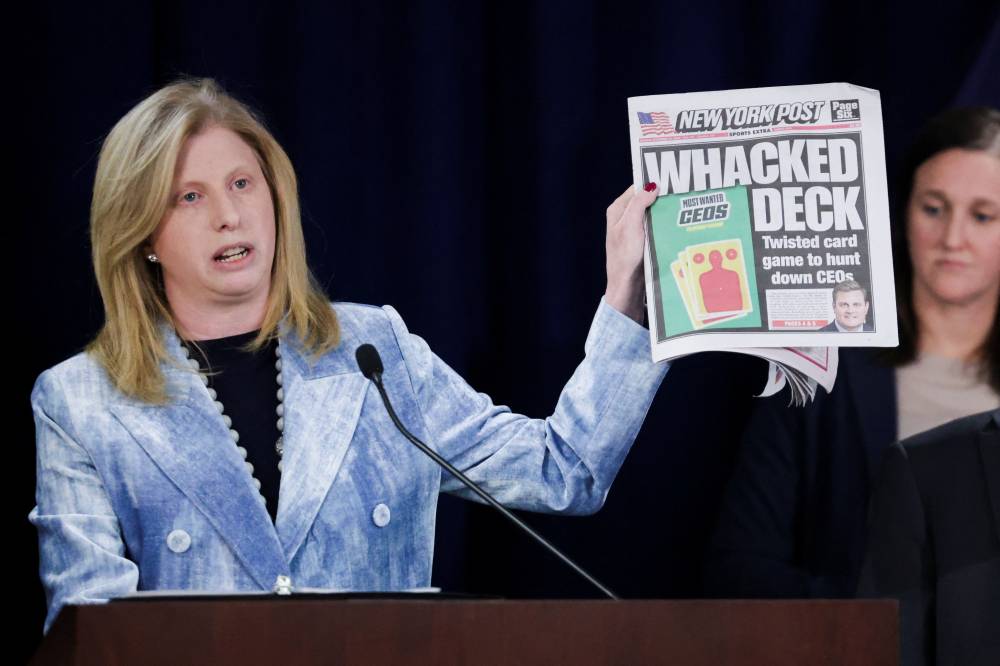
In an alternate world, it could be a scene from a thriller novel. A healthcare insurance CEO is gunned down in what is arguably the busiest city in the world: New York City. The suspect runs away and escapes through Central Park, discarding his backpack. He takes a taxi and heads to a bus station in the city’s northern reaches where he makes his great escape by boarding a bus meant to take him to imminent freedom.
But then, in Pennsylvania, he decides to grab a meal at McDonald’s. By this time, his photos have gone viral—the guy who had evaded New York’s Finest and was wanted by the police.
A customer at that McDonald’s recognizes him, an employee calls 911, and soon, the suspect is in handcuffs, his escape cut short.
This is not a story from the pages of a novel. This is the true story of Luigi Mangione, the suspect in the murder of Brian Thompson, which took place on Dec. 4.
What I found interesting is how many Americans have celebrated Thompson’s murder. Why? It’s because health insurance companies in the United States are notoriously known for being stingy with covering patients’ needed health expenses. Countless Americans have died because health insurance companies wouldn’t listen to doctors that their patient needs this or that treatment, denying and delaying claims left and right.
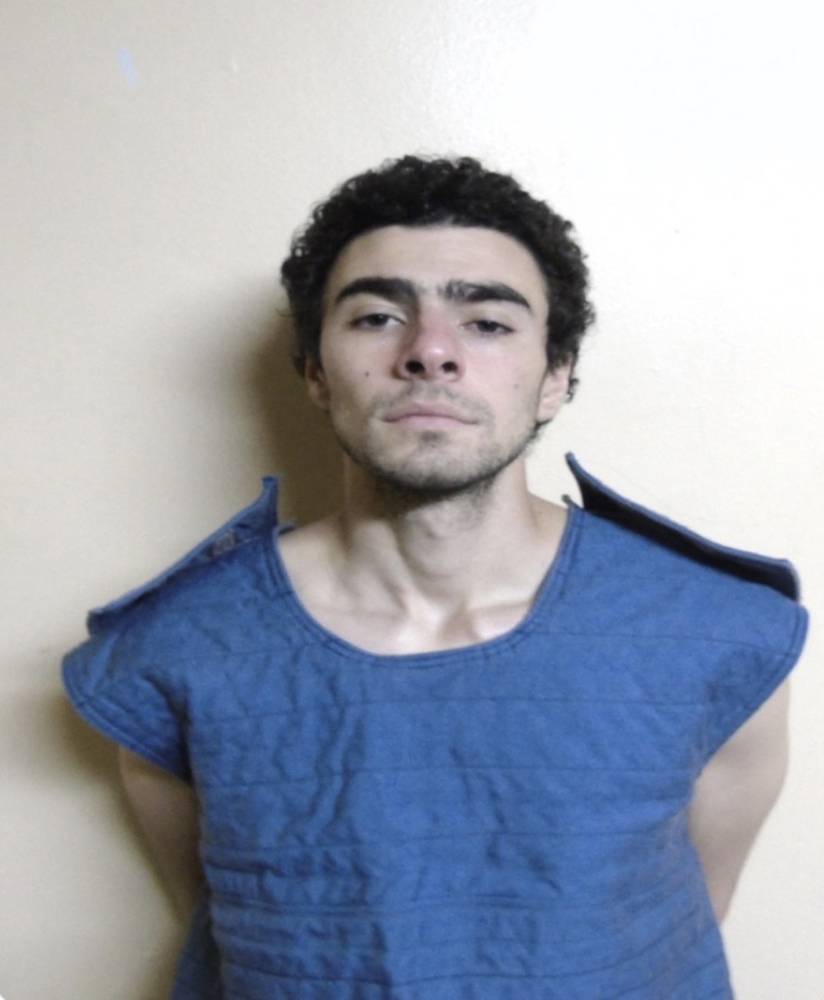
Not to mention the fact that everything in the US—from groceries to fast food—has been getting more expensive. Hence, when someone who’s affiliated with unjust structures falls, everyday Americans celebrate. It’s hard to blame them.
As a Catholic, I don’t support Thompson’s killing. Murder is murder, period. The end does not justify the means. And murder is gravely contrary to God’s will. However, at the same time, I also can’t help but think that this is a lesson for all of us: Injustice has its consequences.
Downfall
Injustice will only lead to one’s downfall, whether in the short- or long-term. Think of Ferdinand Marcos Sr. Think of the once-unstoppable Bashar Al-Assad of Syria. Think of Adolf Hitler and the Nazis. They’re examples of people who, at some point, wielded tremendous power but who fell anyway.
What unites those personalities is their objective lack of reverence for the sacredness of human life.
What separates us from animals and plants? As human beings, we have the capacity to think and discern the “higher good” using our intellect. We have the ability to empathize with people experiencing war halfway around the world. We build civilizations and evolve in our understanding of the world through science and philosophy.
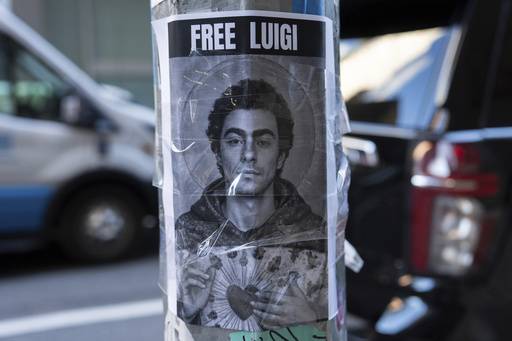
In all our undertakings, we must always choose life. Profit and efficiency serve human life and the common good, not the other way around.
Now, of course, choosing life isn’t always as easy as it seems. I think about the issue of euthanasia, for example. Proponents for euthanasia defend it by arguing that the dying patient no longer needs to experience the pain of an incurable disease. It lessens the suffering of the dying patient and thus, it might be said, ends up promoting the well-being of that person.
But a question comes into mind: When has suffering not been part of human life? Sure, we want to lessen suffering, but we deceive ourselves if we think we can totally obliterate it. We might be able to remove suffering in one aspect of life, but it will appear in another.
Choose life, not profit. Does faith, perhaps, offer answers where the capabilities of philosophy and reason can no longer travail?
This Christmas, I pray that Jesus the Christ, the “wisdom from on high,” may guide our life’s choices with His finest blessings. May we be heirs to this wisdom, seeking He who is life itself.
Email the author at aaron.medina@yale.edu.


